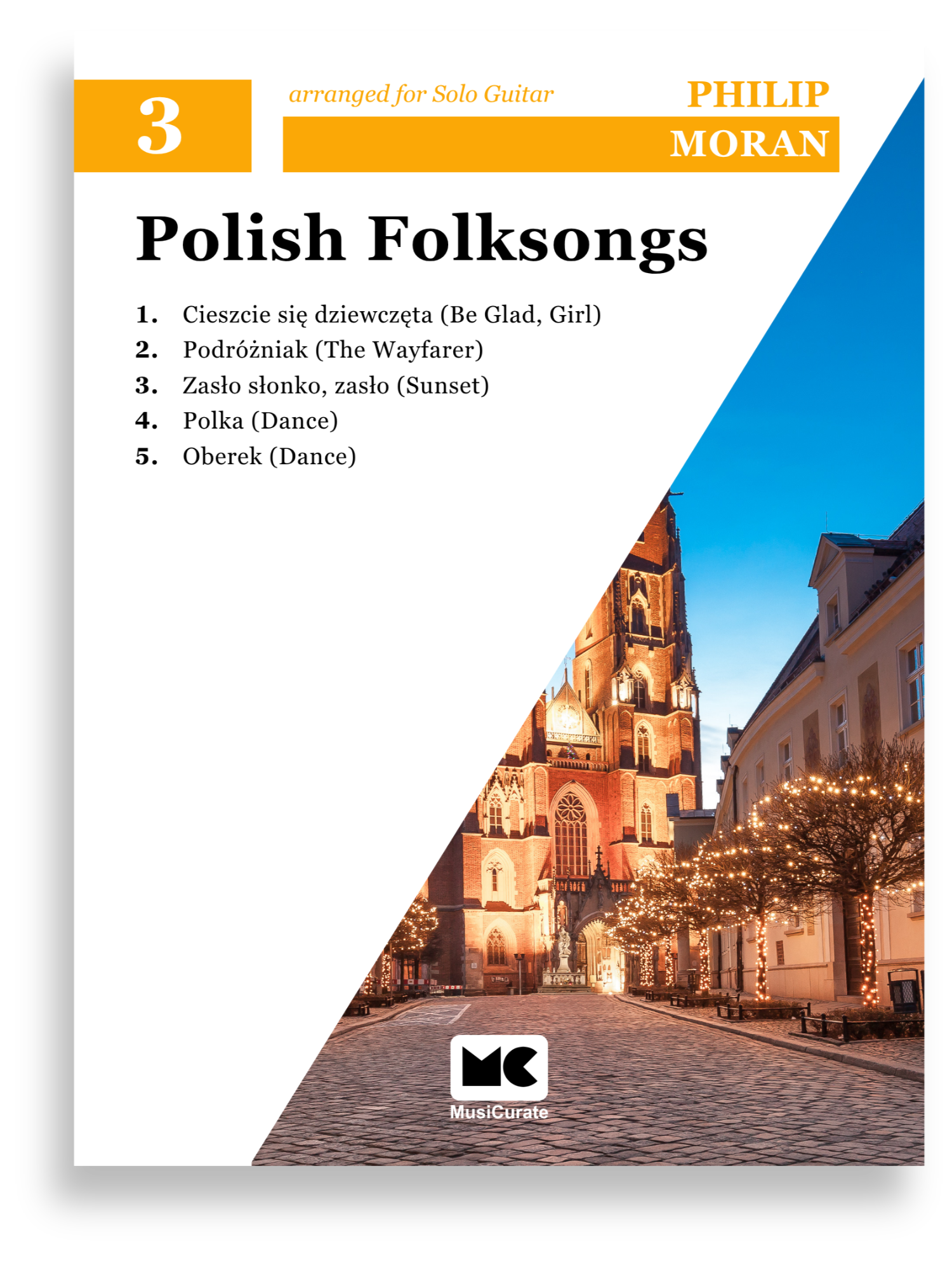
Entretien avec le compositeur Michalis Andronikou
Partager
Michalis Andronikou est titulaire d'un doctorat en composition, d'une maîtrise en musicologie et de diplômes en guitare classique, clarinette, théorie musicale et musique byzantine. Andronikou joue de la guitare et d'instruments folkloriques grecs tels que le luth, le tamboura et le bouzouki. Il a composé de la musique pour petits et grands ensembles, des pièces de théâtre, des expositions d'art, des films et des chansons. Il est compositeur associé du Centre de musique canadienne, membre de la Ligue canadienne des compositeurs, examinateur de théorie musicale du Conservatoire royal de musique, membre de l'Union des compositeurs grecs, membre du Centre des compositeurs chypriotes et ambassadeur culturel de l'Institut hellénique de diplomatie culturelle de Chypre.
____
Michalis, vous avez bâti une brillante carrière de compositeur, d'interprète, de musicologue et de pédagogue, et votre musique est régulièrement jouée dans le monde entier. Ayant débuté votre parcours musical en Grèce avant de vous installer au Canada, votre œuvre reflète une riche identité multiculturelle. Comment concevez-vous votre rôle de pont culturel entre ces deux mondes distincts ?
Bien que mon voyage ait commencé comme une quête d’un langage musical personnel, il a progressivement évolué vers un dialogue entre différents styles, de la musique méditerranéenne orientale à la musique contemporaine occidentale, et de la musique latino-américaine à la musique africaine et au jazz.
Musicien éclectique, j'équilibre entre la composition et l'enseignement, tout en enrichissant ces rôles de toute autre activité pertinente, que ce soit en tant qu'improvisateur, examinateur, juge dans des concours, clinicien et ambassadeur de la culture.
Connecter ce que je trouve de beau dans les cultures que je connais et celles que j'explore me permet de voir la beauté partout et de m'en inspirer. Je recherche des collaborations avec des personnes de toutes cultures et j'apprends de chacune d'elles, ce qui, je l'espère, favorise l'épanouissement artistique et crée des ponts culturels et une communication enrichissante.
L'arrivée au Canada peut être difficile pour les immigrants, et chacun a une histoire unique. Comment s'est passée votre arrivée au Canada ?
Je suis né à Chypre, dans une famille déplacée du nord vers le sud de l’île, quelques années avant ma naissance.
L'expérience d'éloignement vécue au sein de ma famille se reflète dans ma musique. J'ai déménagé à Athènes, en Grèce, et j'ai étudié la musicologie, la composition, la musique byzantine et les instruments de la Méditerranée orientale, comme si je devais découvrir un nouveau « lieu musical imaginaire » qui me ressemble.
J'ai vite compris que la « place » que je recherchais était ma musique. Je suis venu au Canada pour faire un doctorat en composition et prendre mes distances avec les idées musicales liées soit à un modèle d'Europe centrale, soit à un second nationalisme tardif dans la musique grecque.
En tant que Canadien récemment arrivé qui porte toujours son identité et sa culture chypriote grecque, je me sens chanceux d’avoir pu découvrir toutes ces cultures différentes.
Avez-vous des conseils à donner à d’autres artistes qui souhaitent construire une vie et une carrière dans un pays où ils n’ont pas grandi ?
L'expérience de chacun est différente, et il serait peut-être trompeur de donner des conseils sur la base de mon expérience. Cependant, rester positif et ouvert à de nouvelles expériences est essentiel pour tout artiste immigré, car chacun vit les choses différemment selon les endroits. La patience est de mise, car la bonne musique, quel que soit son style, finit par être appréciée.
Finalement, le voyage d’un artiste immigré est un voyage dans l’âme, car vous apprenez à comprendre des choses sur votre caractère, votre comportement et votre mentalité qui peuvent profiter à votre musique – si vous lui accordez l’attention nécessaire.
Nous vivons dans un monde de plus en plus divisé. Selon vous, comment la société canadienne pourrait-elle bénéficier de la collaboration artistique interculturelle ?
En tant que musicien éclectique, j'apprécie le pouvoir de la collaboration artistique interculturelle pour redécouvrir l'essence primordiale de la beauté. La société canadienne s'enrichit et s'émancipe des relations interculturelles de toutes sortes.
Dans les arts, cela apporte force, ouverture et fraîcheur à tous les styles, formes et expressions. Personnellement, je suis reconnaissant aux musiciens, aux artistes et à la société canadienne d'avoir accueilli mon travail et celui des autres artistes immigrants en l'acceptant comme leur propre travail.
En tant que multi-instrumentiste, comment votre expérience avec la guitare classique, la clarinette, la musique byzantine et les instruments folkloriques grecs façonne-t-elle votre voix de composition ?
Chaque instrument m’a montré une voie, une méthode, une technique et sa voix, tandis que – grâce à l’improvisation – j’ai pu découvrir ce que je voulais faire avec ma musique.
Bien que je parte souvent d'une idée que j'essaie avec l'un des instruments que je joue, j'écris aussi sans instrument. J'utilise autant mon oreille interne, mon imagination et mon expérience, et je me sens ainsi libre d'exprimer ce que je veux.
La guitariste lituanienne Ieva Baltmiškytė a récemment sorti un album de vos compositions intitulé « The Strings of My Soul » , une collaboration qui a débuté avec une seule pièce pour luth. Comment s'est déroulé le processus créatif et comment cette collaboration a-t-elle façonné l'œuvre finale ?
En 2016, j'ai écrit une pièce pour luth intitulée Hommage à Francesco da Milano inspirée de la musique du luthiste et compositeur de la Renaissance, que j'ai envoyée à Ieva quelques années plus tard.
Elle a rapidement produit une magnifique vidéo, tournée dans une maison du XVIe siècle à Bruges, en Belgique, et disponible sur YouTube. Cette vidéo a reçu des commentaires positifs de luthistes, guitaristes et autres musiciens du monde entier, ce qui nous a encouragés à poursuivre notre collaboration.
J'ai écrit davantage pour Ieva, car elle souhaitait une autre pièce pour luth et une pièce pour guitare à 11 cordes. Je lui ai également envoyé plusieurs de mes pièces pour guitare préexistantes, parmi lesquelles elle a sélectionné quelques-unes pour notre album.
Au cours de ce voyage, nous avons eu la chance d'avoir Jacques Dejean et la compagnie Plaza Mayor comme compagnons de route et soutiens. Nous sommes également reconnaissants à Oleg Boyko pour sa participation à la Suite latine pour deux guitares.
Quels conseils donneriez-vous aux jeunes compositeurs intéressés par l’écriture pour guitare classique, en particulier ceux qui cherchent à créer une musique qui relie les traditions culturelles ?
Apprendre l'instrument du mieux possible et écouter beaucoup de musique pour guitare. Sortir des sentiers battus, faire confiance à son instinct et être honnête avec la musique qu'il compose, car elle doit d'abord le satisfaire.
Quels sont vos projets futurs ? Avez-vous des projets ou des collaborations à venir qui vous enthousiasment particulièrement ?
J'ai de nombreux projets, concerts, présentations et collaborations en cours. Pour n'en citer que quelques-uns :
- Katiana Georga, pianiste franco-grecque résidant à Paris, a récemment sorti un album intitulé « Diaspora » contenant mes œuvres pour piano. Elle enregistrera quelques-unes de mes œuvres de chambre et les interprétera en France et en Grèce.
- Un CD de 15 chansons sur des poèmes de Giorgos Mastrogiannopoulos pour voix (Elektra Karali) et guitare (Panos Megarchiotis) sortira cet été chez Da Vinci, en Italie.
-
Un album de 12 chansons sur la poésie grecque de l'époque de la guerre sera enregistré cette année par la chanteuse Alexandra Kladi et le pianiste Spiros Deligiannopoulos.
_____
CRITIQUE D'ALBUM :
Avec Les Cordes de mon âme , Michalis Andronikou crée un monde sonore intime et évocateur, rendu vivant par Ieva Les interprétations sensibles de Baltmiškytė. De la douce introspection de « Light from Light » à la vitalité rythmique de « Pendulum » , chaque pièce révèle une facette unique du talent artistique d'Andronikou et de Baltmiškytė.
Album : Les cordes de mon âme
Artiste : Ieva Baltmiškytė
Sortie : 2023
Étiquette : Plaza Mayor Company
14 titres (40 min)


